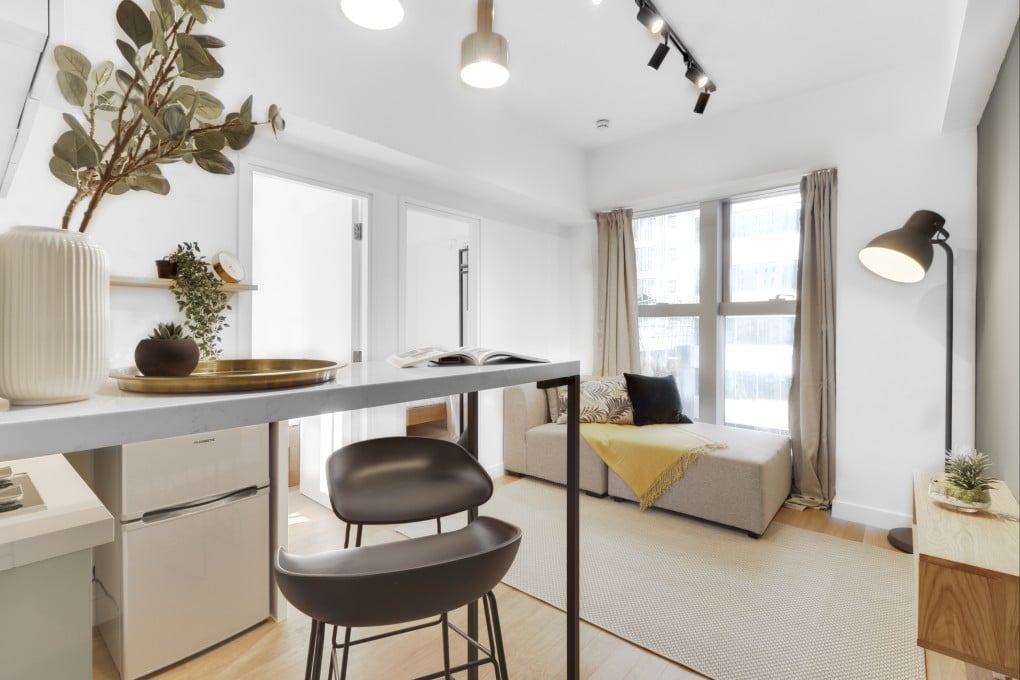Hong Kong co-living sector likely to see more consolidation as opportunities grow
- M&As among co-living operators have increased as the average occupancy rates have stabilised to around 90 per cent this year
- ‘We have seen the consolidation of hotel operators in the past … We do expect this for co-living as well’: JLL executive

“We have seen the consolidation of hotel operators in the past, such as Starwood and Marriott. We do expect this for co-living as well. With a larger portfolio of assets under management, these operators will be able to leverage on their wider customer base, and their customers will be able to enjoy a consistent level of service and quality wherever they be travelling in the world,” said Julien Laloye, vice-president at JLL hotels and hospitality group in Asia-Pacific.
In 2016, US-based Marriott International acquired Starwood Hotels Resorts Worldwide, which owned Sheraton Hotels and Resorts among others, creating the world’s largest hotel company.
Co-living involves tenants typically having their own private bedrooms, but sharing other living spaces such as the kitchen and laundry area.
Hmlet, which operates 1,200 units in Hong Kong, Singapore and Japan, said on Tuesday that it had merged with Habyt, one of Europe’s largest co-living operators. Weave Living, which operates shared living spaces in Hong Kong and Singapore, partnered with an unnamed global real estate asset manager to acquire the 435-room Rosedale Hotel in Kowloon for HK$1.37 billion this month. The acquisition was part of a US$200-million joint venture, of which Weave will own 10 per cent, the company said.